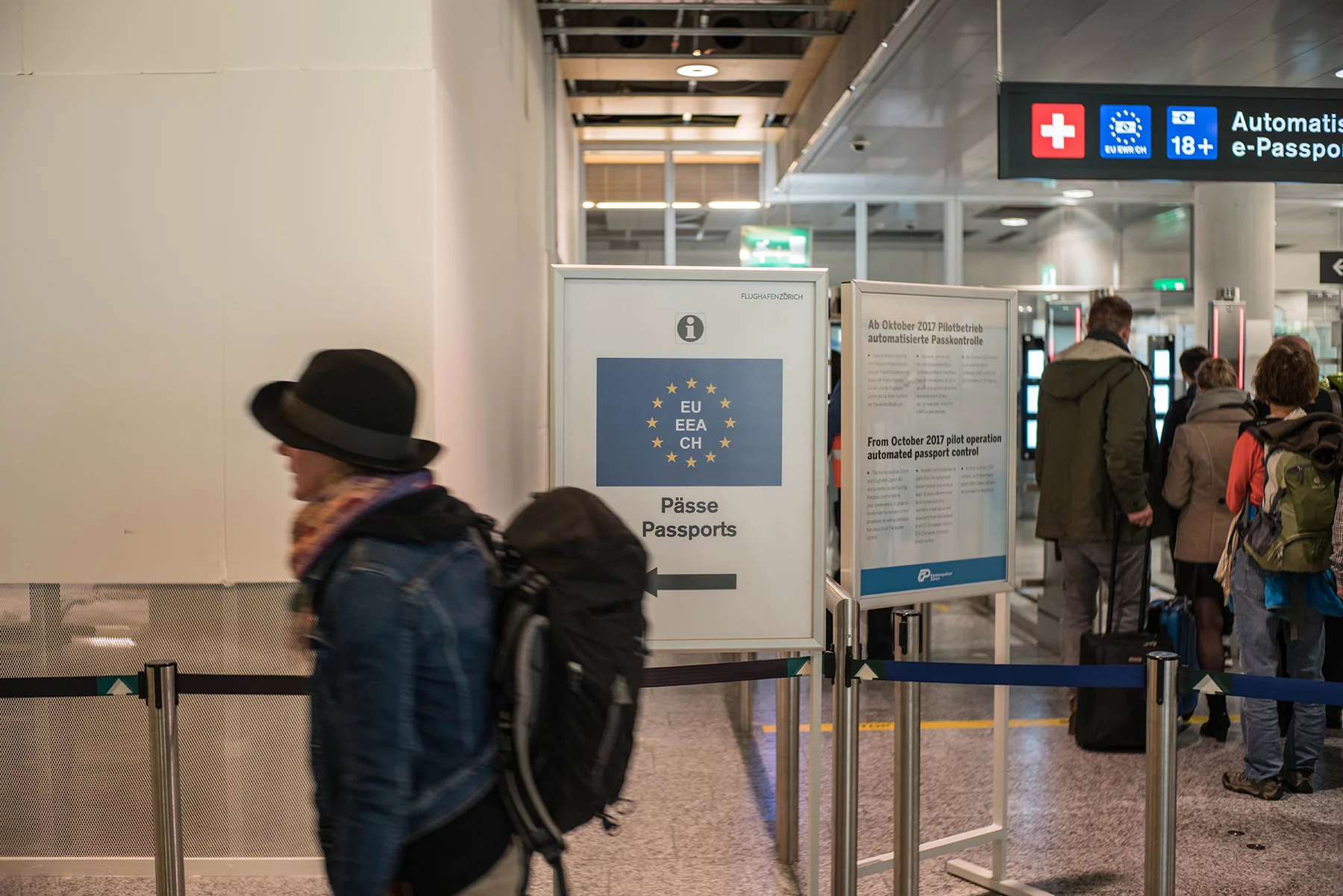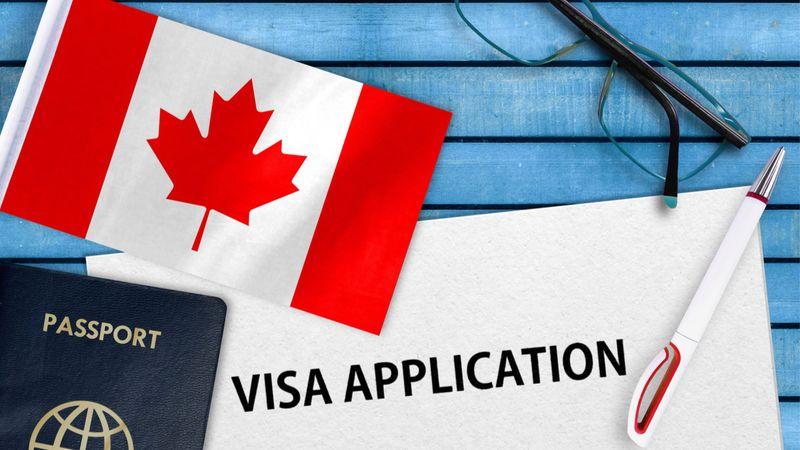Switzerland has restricted quotas for foreign workers, and everyone will need authorization to legally work in Switzerland. Here’s everything you need to know about getting a Switzerland work visa.
You may need a visa if you come to Switzerland for work purposes, and you will definitely need a residence permit if you stay in the country for more than three months. This guide to the Switzerland work visa covers the following topics:
- Working in Switzerland
- Who needs a work visa for Switzerland?
- The Switzerland work visa
Work permits in Switzerland
- Types of Swiss work permits
- Getting your permit
- Switzerland work visas for students
- Work visas in Switzerland for self-employed, freelancers, and entrepreneurs
- Work visas in Switzerland for seasonal/temporary workers
- Volunteering and work experience in Switzerland
- Switzerland work visas for family members
- Appeals and complaints about work visas in Switzerland
- Useful resources
Working in Switzerland
Switzerland has one of the world’s strongest economies and it boasts a highly-skilled workforce. However, the Swiss government strictly controls the number of workers coming into the country. In recent years, the government has reduced the number of Switzerland work visas issued to those from outside the European Union (EU) and the European Free Trade Association (EFTA, which consists of Iceland, Liechtenstein, Norway, and Switzerland).

The Swiss immigration authorities have also tightened application practices, such as closer scrutiny of applications, increased salary requirements, and stricter extension rules. Only those that meet the conditions or work in a shortage industry usually get a Swiss work visa.
There were around 1.7 million foreign workers in Switzerland at the end of 2019 – that accounts for roughly 20% of the national workforce. Many work in high-skilled jobs in leading sectors such as banking, pharmaceuticals, and food retail.
The quotas for Swiss work visas for 2021 are:
- 8,500 permits for non-EU/EFTA nationals (4,500 long-term B permits and 4,000 short-term L permits)
- 3,500 permits for British workers (2,100 long-term B permits and 1,400 short-term L permits)
The State Secretariat for Migration (SEM) in Switzerland is responsible for Swiss visas and immigration, although the local cantonal migration offices issue residence permits and deal with much of the administration.
Who needs a work visa for Switzerland?
Switzerland operates a dual system when it comes to the right to seek employment in the country, with rules depending on whether or not you are an EU/EFTA citizen.

Although Switzerland is not a member of the EU, it is part of the EFTA and thus grants freedom of movement to those from EU/EFTA countries. EU/EFTA citizens can freely enter Switzerland and look for work without a visa. They can stay for three months (sometimes extended to six months) while looking for work. If they find a job that means they will stay in Switzerland for longer than three months, they must get a Swiss residence permit. Rules are slightly different for Croatian citizens.
Non-EU/EFTA nationals will need to obtain a Switzerland work visa before coming to Switzerland. You will need to first have a job offer from a Swiss employer. In addition to this, you will need to meet other requirements, such as being highly qualified.
Exceptions to this rule are students and family members of C settlement permit holders. Students can work a certain number of hours while studying on a student visa, while certain relatives of Swiss residents can work on their Swiss family visa. For more information, see our guides on studying in Switzerland or moving to Switzerland to join a partner.
Why you should apply online
- No courier fees or mail delivery time – we get your application instantly.
- Online applications may be processed more quickly.
- Avoid processing delays. Incomplete applications are returned to you. Applying online helps ensure your application is complete before you submit it.
- If we need to ask for more documents, you can quickly submit them online.
- You don’t need to submit your passport until we ask for it.
- Get updates on the status of your application directly in your online account.
Eligibility requirements for all applicants
There are specific requirements you need to meet depending on where you are when you apply for your work permit. But regardless of where you apply or which type of work permit you apply for, you must:
- prove to an officer that you will leave Canada when your work permit expires
- show that you have enough money to take care of yourself and your family members during your stay in Canada and to return home
- obey the law and have no record of criminal activity (we may ask you to give us a police clearance certificate),
- not be a danger to Canada’s security
- be in good health and have a medical exam, if needed
- not plan to work for an employer listed with the status “ineligible” on the list of employers who failed to comply with the conditions
- not plan to work for an employer who, on a regular basis, offers striptease, erotic dance, escort services or erotic massages, and
- give the officer any other documents they ask for to prove you can enter the country
Greece Work Permit Visa 2026 – Greece Agriculture Job Visa from Bangladesh
Canada Work/Job Visa 2025 Details:
More than 300,000 people are allowed to work in Canada each year. This is a huge opportunity for foreign workers in search of a better life. Under the Canada Work Permit Visa you can:
- Work in Canada under the employer you mentioned in your work permit application.
- You must have the ability to apply for a dependent visa to call your dependents.
- Earn in dollars.
- Travel across Canada.
- Apply for a PR visa at a later date.
Apply For Australian Work Permit Visa 2026

Eligibility for Canada Work Permit Visa 2024:
Applicants are required to provide proof that they are eligible to accept the job offer. You must meet certain requirements to apply for a Canada Work Permit from India. Documents need to be submitted in any English language.
The Canada Work Permit Visa is ideal for temporary workers, foreign graduates from Canadian universities, businessmen, and others who need to work in Canada.

